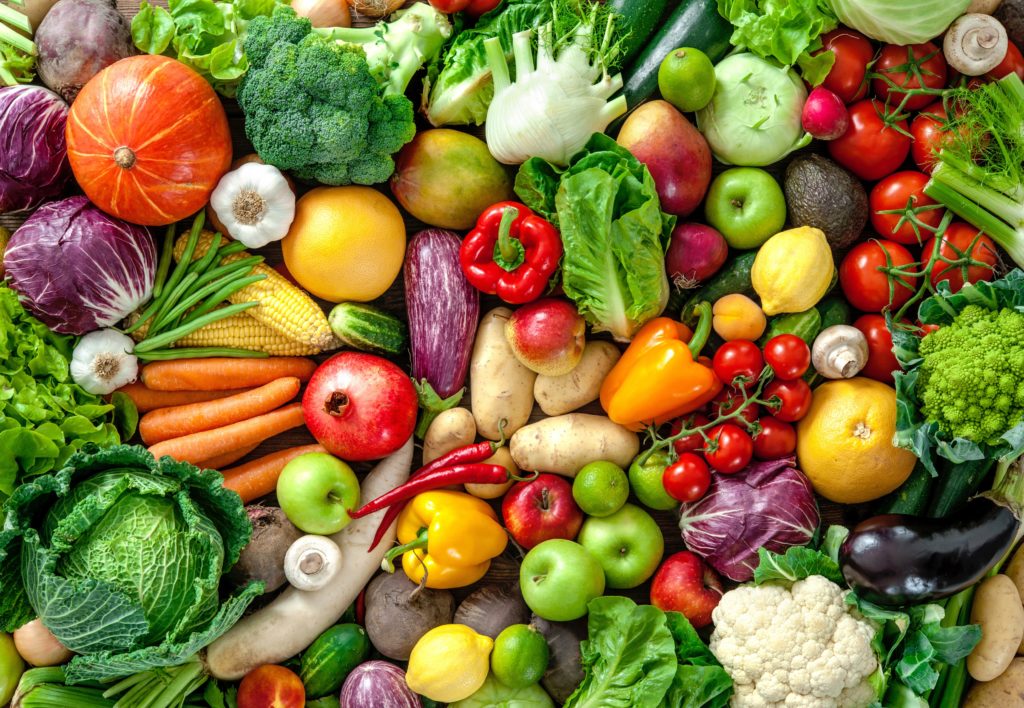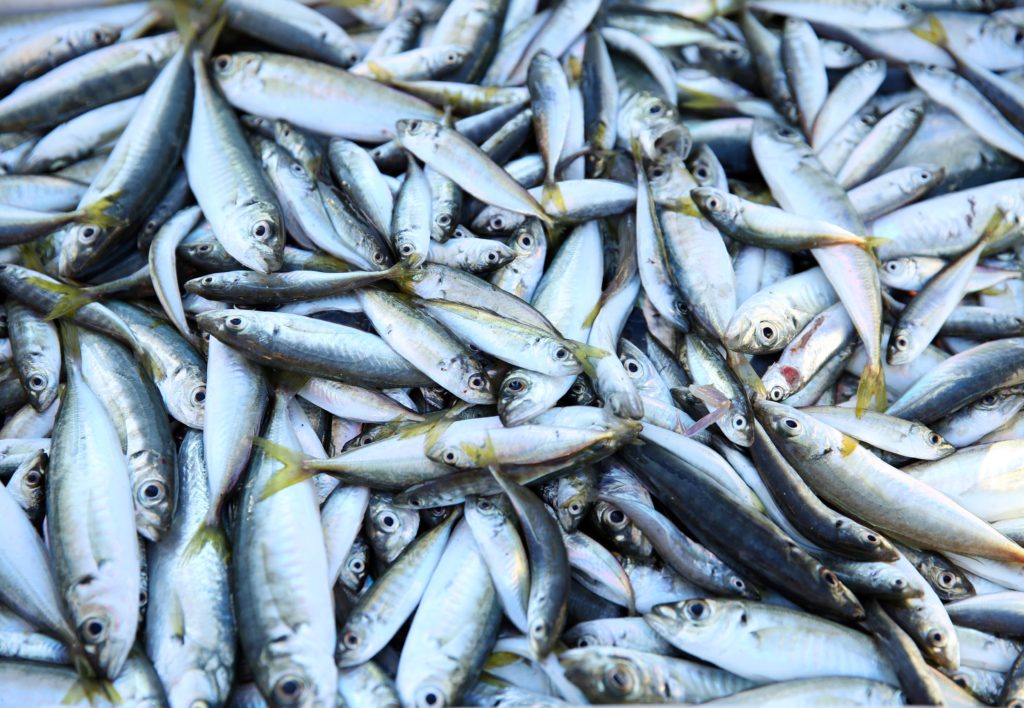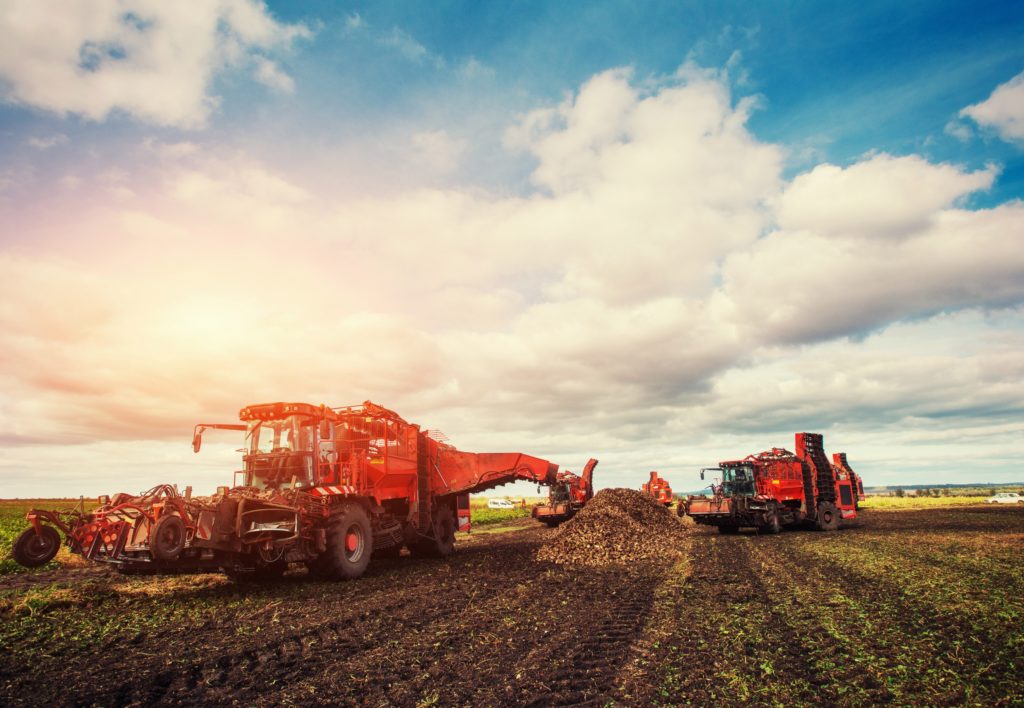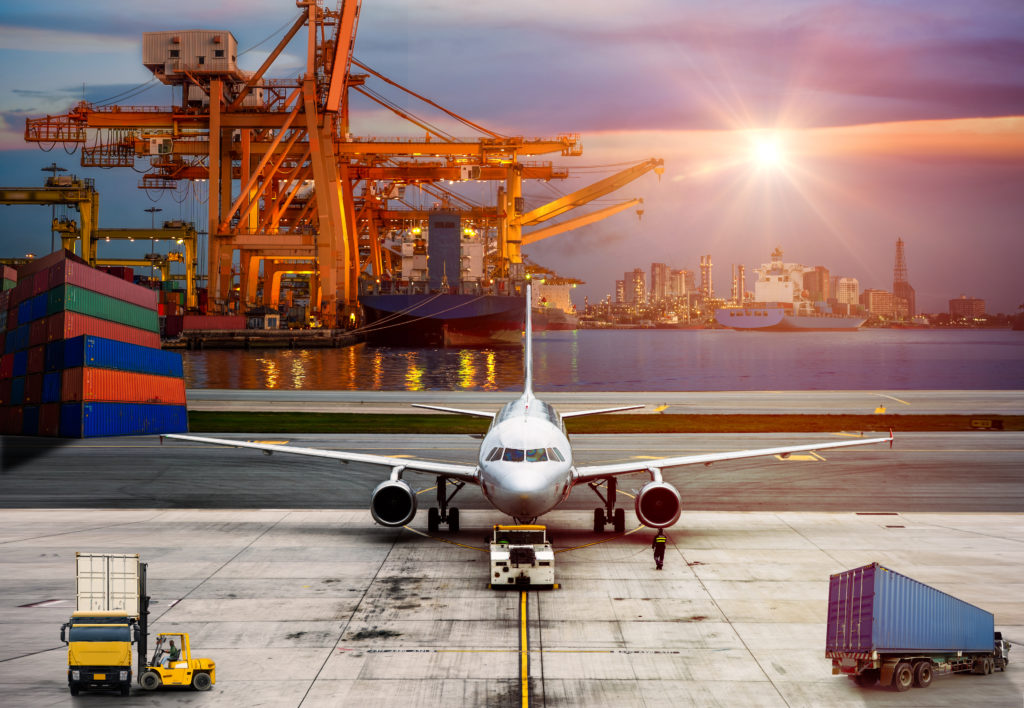Food Import Process
Importing Food Products into the U.S.
How to Import Food and Dietary Supplements to US
The Food and Drug Administration (FDA) is the primary regulatory agency responsible for overseeing food and dietary supplements in the United States. The FDA is responsible for ensuring the safety, efficacy, and labeling of all food and dietary supplement products sold in the United States.
In addition to the FDA, other regulatory agencies are involved in overseeing specific aspects of food and dietary supplement products. For example, the U.S. Department of Agriculture (USDA) is responsible for overseeing the safety and labeling of meat and poultry products, while the Environmental Protection Agency (EPA) regulates pesticides and other chemicals used in the production of food and dietary supplements.
Customs and Border Protection (CBP) is also involved in regulating food and dietary supplement products by enforcing customs laws and regulations related to their importation into the United States.
Food Import Regulations and Requirement
Importing food and dietary supplements for human and animals and pets into the United States can be a complex process that involves complying with various regulatory requirements. We will discuss the steps involved in importing these products and the organizations that regulate these activities. The importation of food products including beverages and dietary supplements is regulated by the Federal Food and Drug Administration (FDA) in addition to the requirement imposed by the U.S. Customs and Border Protection (CBP).
Under the Federal Food, Drug and Cosmetic (FD&C) Act, importers of food products intended for introduction into U.S. interstate commerce are responsible for ensuring that the products are safe, sanitary, and labeled according to U.S. requirements. All imported food is considered to be interstate commerce.
FDA is not authorized under the law to approve, certify, license, or otherwise permit individual food importers, products, labels, or shipments. Importers can import foods into the United States without prior permission by FDA as long as the facilities that produce, store, or otherwise handle the products are registered with FDA, and prior notice of incoming shipments is provided to FDA.
Regulatory Organizations
The following regulatory organizations are responsible for overseeing the importation of food and dietary supplements into the United States:
- Food and Drug Administration (FDA): The FDA is responsible for ensuring the safety and labeling of all food and dietary supplement products sold in the United States.
- U.S. Department of Agriculture (USDA): The USDA is responsible for overseeing the importation of animal products, including meat and poultry.
- Customs and Border Protection (CBP): The CBP is responsible for enforcing customs laws and regulations related to the importation of food and dietary supplements.
- Environmental Protection Agency (EPA): The EPA is responsible for regulating pesticides and other chemicals used in the production of food and dietary supplements.
Steps for Importing Food and Dietary Supplements
The following are the basic steps involved in importing food and dietary supplements into the United States:
- Determine the regulatory requirements: Before importing any food or dietary supplement product, it is important to determine the regulatory requirements that must be met. This includes understanding the labeling requirements, ingredients, and any other specific requirements set forth by the FDA and other regulatory organizations.
- Register with the FDA: All foreign facilities that manufacture, process, pack or hold food and dietary supplements that are intended for human or animal consumption in the United States must be registered with the FDA.
- Obtain a Prior Notice: Prior Notice is a requirement by the FDA that requires importers to notify the FDA of the food and dietary supplement products they intend to import into the United States.
- Ensure Compliance with FDA Labeling Requirements: All food and dietary supplement products must meet FDA labeling requirements. The label must include specific information, such as the product name, the name and address of the manufacturer, and the product's intended use.
- Obtain Required Certifications: Depending on the type of product being imported, certain certifications may be required. For example, the USDA requires a health certificate for the importation of meat and poultry products.
- Customs Clearance: Once all the required regulatory requirements are met, the food and dietary supplement products can be cleared through customs.
Importing food and dietary supplements into the United States is a complex process that involves compliance with various regulatory requirements. By understanding the regulatory requirements and working with experienced customs brokers and regulatory consultants, companies can ensure that their products meet all necessary standards and avoid costly penalties and legal action.
In-Depth Coverage: Importing Food Products
- What is FDA Food Safety Modernization Act (FSMA)?
- Prior Notice of Imported Foods
- FDA Food Facility Registration
- Risk-Based Preventive Controls for Human Food
- Risk-Based Preventive Control for Animal Food
- Protect Food against Intentional Adulteration
- What is Foreign Supplier Verification Program (FSVP)?
- What is FSMA Produce Safety Rule?
FDA Requirements and Inspection at US Ports of Entry
Imported food products are subject to FDA inspection when offered for import at U.S. ports of entry. FDA may detain shipments of products offered for import if the shipments are found not to be in compliance with U.S. requirements. Both imported and domestically-produced foods must meet the same legal requirements in the United States. The Center for Food Safety and Applied Nutrition (CFSAN) is the FDA center responsible for overseeing the human food program.
We provide here a brief overview of the regulations and requirements that the FDA verifies and enforces at the time they are imported into the United States.
- Prior Notice requirements for importation
- Food Facility Registration
- Import Seafood and Juice HACCP
- Food Safety Modernization Act (FSMA)
- Food Labeling
- Affirmation of Compliance codes for foods
- Ingredients and Packaging
Prior Notice Requirements
FDA must receive notification before food is offered for import into the United States. The purpose of prior notice is to enable FDA to target inspections or examinations of the imported food at U.S. ports of entry more effectively, and to determine whether there is any credible information that the imported food shipment presents a threat or serious risk to public health.
What food requirements are verified at the time of importation?
Imported foods must be pure, wholesome, safe to eat, produced under sanitary conditions, and contain informative and truthful labeling in English. FDA does not certify, license, or otherwise approve individual food importers, products, labels, or shipments prior to importation.
At the time of importation, the FDA will verify compliance with the following requirements for foods as applicable:
- Food facility registration.
- Low Acid Canned Foods/Acidified Foods (LACF/AF) Food Canning Establishment Number (FCE).
- LACF/AF Schedule Identifier Number (SID).
Additionally,
- FDA conducts field examinations and analyzes samples of food to ensure they comply with applicable standards and/or label requirements.
- FDA checks the import alert database to ensure the manufacturer or product is not subject to detention without physical exam (DWPE) and listed on an import alert.
How does FDA verify compliance with food requirements?
FDA entry reviewers are trained to verify compliance with applicable product requirements using the information provided to FDA in the importer’s entry transmission such as:
- Declared Manufacturer
- Declared Importer/Consignee
- Product Description
- Affirmations of Compliance (A of C)
These entry declarations are compared to information in FDA’s internal data systems. FDA uses the internal data systems to verify registration, LACF/AF process filing, when required, or other product requirements and to determine if the firm/product is subject to DWPE. If the information submitted matches, then compliance is verified; if the information submitted does not match, FDA may gather additional information or may detain the product.
The submission of correct and accurate entry data along with the relevant A of C codes will help expedite the entry review process. Supplying this information accurately increases the likelihood that your shipment will be processed electronically and not held for manual review because FDA’s screening tool, PREDICT, can verify the declared information against FDAs internal data systems. Submitting inaccurate or incomplete information may delay the review of your entry.
Food Facility Registration
Most facilities that manufacture, process, pack, receive or hold food must register with FDA every two years. This includes most foreign manufacturers and some importers. There are a few exceptions from the registration requirements. Please click here for more information on registering your food facility.
How does FDA verify food facility registration?
FDA will verify the registration for those firms requiring food facility registration. FDA will compare the submitted information to FDA’s internal data systems. If the information matches, then compliance is verified; if the information does not match, FDA may need to gather additional information or may detain the product.
Can I obtain registration information for a food facility?
No, food facility registration is confidential and not available publicly. You will need to contact the firm to inquire about their FDA registration status.
Import Seafood and Juice HACCP
FDA’s multifaceted and risk-informed seafood and juice safety programs rely on various measures of compliance with its seafood and juice Hazard Analysis and Critical Control Points (HACCP) regulations. Food safety is addressed through the analysis and control of biological, chemical, and physical hazards from raw material production, procurement, and handling, to manufacturing, distribution, and consumption of the finished product. FDA conducts inspections to ensure importers are compliant with the requirements of import seafood and juice HACCP.
What LACF/AF requirements does FDA verify at the time of importation?
FDA verifies that the declared manufacturer or processor is registered with FDA under the Food Canning Establishment Registration and has filed a process with the FDA by comparing the submitted information to FDA’s internal data systems.
If the information submitted matches FDA’s data systems, then compliance is verified; if the information does not match, FDA may gather additional information or may detain the product. If a firm lacks the required registration and listing, the product will be subject to refusal.
Food Safety Modernization Act (FSMA)
The FDA Food Safety Modernization Act (FSMA) enables FDA to better protect public health by strengthening the food safety system. It gives FDA new tools and authorities to ensure imported foods (for humans and animals) meet the same safety standards as foods produced in the U.S.
Foreign Supplier Verification Program (FSVP)
One of the new key import authorities for foods under FSMA is importer accountability. For the first time, importers have an explicit responsibility to verify that their foreign suppliers have adequate preventive controls in place to ensure that the food they produce is safe.
Voluntary Qualified Importer Program (VQIP)
VQIP is a voluntary, fee-based program that allows importers to receive expedited review and importation of foods into the United States if they apply, and then achieve and maintain, a high level of control over the safety and security of their supply chains. The FDA was required to establish VQIP by the FDA Food Safety Modernization Act (FSMA).
Food Labeling
Food offered for import into the United States must comply with the FDA’s laws and regulations on food labeling. FDA routinely conducts field examinations and collects samples of food imported into the U.S. to ensure it complies with labeling requirements.
Food labeling is required for most prepared foods, such as breads, cereals, canned and frozen foods, snacks, desserts, and drinks. Nutrition labeling for raw produce (fruits and vegetables) and fish is voluntary. All labeling and packaging must be informative and truthful, with the labeling information in English (or in the predominant language of a U.S. territory where the language is one other than English, such as Spanish in Puerto Rico.)
Dietary Supplements are a special category of products that fall under the general umbrella of foods, which have separate labeling requirements.
Affirmation of Compliance Codes for Foods
Affirmation of Compliance codes (A of C) are three letter codes that can be provided at the time of import to facilitate the FDA review. The FDA uses A of C codes to assist in verifying that your product meets the appropriate requirements. Providing the correct A of C codes reduces the likelihood that your shipment will be held for further FDA entry review during the FDA’s import screening process. Submission of A of C codes is only mandatory in some instances and is not required for all scenarios. Submitting voluntary A of C codes in addition to all mandatory A of C codes may expedite initial screening and review of your entry.
Ingredients and Packaging
The FDA regulates the safety of substances added to food and also how most food is processed, packaged, and labeled. This includes food additives and food contact substances.
Customs Clearance and Import Requirements
- Entry of Imported Merchandise
- What is Section 321 Entry?
- What is Automated Commercial Environment (ACE)
- What is an Automated Broker Interface (ABI)?
- Who is Ultimate Consignee?
- What is Non-Resident Importer Program?
- Country of Origin of Imported Merchandise
- What is the Country of Assembly?
- What is the FDA's Country of Manufacture?
- Marking of Country of Origin on U.S. Imports
- What is Customs Bond?
- Reconciliation Prototype and Bond Rider
- Who Needs a Customs Broker?
- What is Customs Ruling Program?
- Classification of Imported Goods
- How is imported merchandise appraised?
- What are Import Quotas?
- What are Trade Remedy Duties?
- Antidumping Duty (AD) and Countervailing Duty (CVD)
- What is Foreign Trade Zone (FTZ)?
- What is Importer Security Filing (ISF)?
- What is Temporary Importation under Bond (TIB)
- What is In-Bond Process?
FDA-Regulated Products and Import Requirements
- What is Food Safety Modernization Act (FSMA)?
- Prior Notice of Imported Foods
- Food Facility Registration
- Risk-Based Preventive Controls for Human Food
- Risk-Based Preventive Control for Animal Food
- Standards for the Growing, Harvesting, Packing, and Holding of Produce for Human Consumption
- What is Foreign Supplier Verification Program (FSVP)?
- Protect Food against Intentional Adulteration
- FDA Regulated Product in Foreign Trade Zone (FTZ)
- Entry Review Process for FDA Regulated Products
- Country of Origin VS Country of Manufacture
- Foods Regulated by FDA or USDA: What is the Difference?
- Label and Labeling Claims for Conventional Food and Dietary Supplements
- What is USDA Country of Origin Labeling (COOL)?
- Import for Export of FDA Regulated Products
- FDA Regulated Products in Personal Baggage or Sending by Mail or Courier
- International Mail Facility (IMF) and FDA Regulation
- Importing Biological Product Regulated by CBER
- Importing Cosmetics and Voluntary Cosmetic Registration Program (VCRP)
- Importing Drugs into the U.S.
- Importing OTC Drugs into the U.S.
- Importing Veterinary Drugs into the U.S.
- Importing Tobacco Products into the U.S.
- Importing Medical Devices into the U.S
- Importing Food Products into he U.S.
- Importing Radiation-Emitting Products into the U.S.
Guidance on customs & logistics solution for traditional and e-commerce importers and exporters
Importer Security Filing (ISF)
An ISF is required when cargo (ocean only) laden on vessel at a foreign port is destined for shipment to the U.S. Under ISF rule, some importing information and details regarding cargo must be transmitted to the CBP at least 24 hours before goods are loaded onto the vessel, or at least 24 hours prior to the departure to the U.S.
Freight Forwarding
Looking for a freight forwarding partner? To move your cargo from its current location through customs to its final destination we will partner with you to find the best way for your business. Whatever your transportation, logistics or customs clearance needs, we will do our best to customize a solution for your needs.
Customs Clearance
The goods imported into the U.S. are required to be declared to CBP. Our customs broker will help you stay in compliance with customs laws and regulations and clear your goods quickly and efficiently with our electronic Automated Commercial Environment (ACE) and Automated Broker Interface (ABI) Single Window System.
Warehousing & Distribution
Our warehouse facility offers great potential for serving as a regional hub with over 145,000 SF storage capacity close to Los Angeles Airport & Los Angeles/Long Beach Sea port. With our extensive experience in freight services, your import/export cargo will be handled quickly and effectively.
Non-resident Importer Program
If you want to sell your products in U.S. marketplaces, but you are a business owner located outside of the U.S. and do not have an entity or presence in the U.S., you need to be established as a Foreign Importer of Record before your products can be imported into the U.S. We can help you.
Section 321 Entry
Section 321 entry allows importing free of duty and tax for shipments imported by one person on one day having a fair retail value in the country of shipment not more than $800. We provide our resident and non-resident clients with dedicated ACE eManifest solutions for Section 321 entry of all modes of transportation.
E-Commerce
The Internet has made it easy to find and purchase items from almost anywhere in the world. Our e-commerce experts will help you find the right solution for your international transportation, customs clearance, and delivery to your final destination. We also provide value-added repackaging, warehousing and distribution services.





















